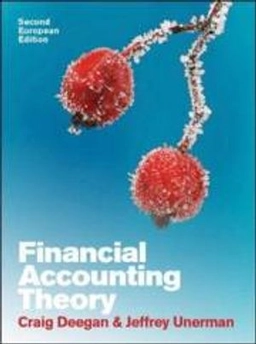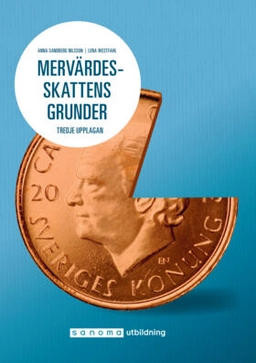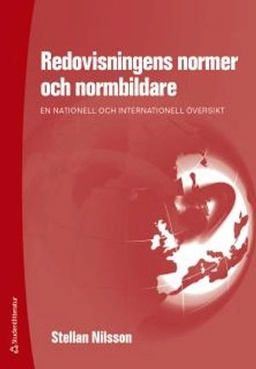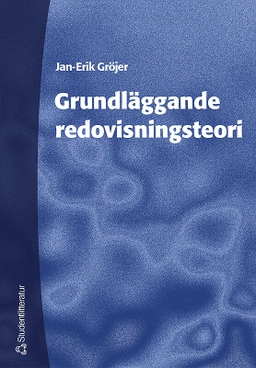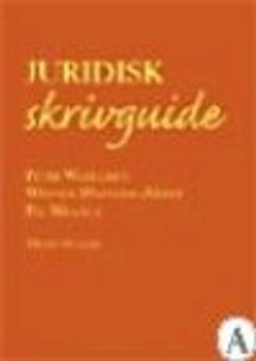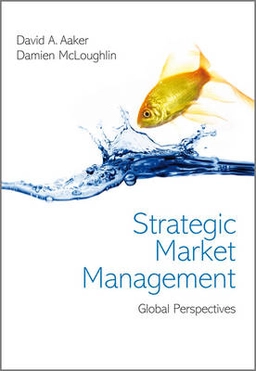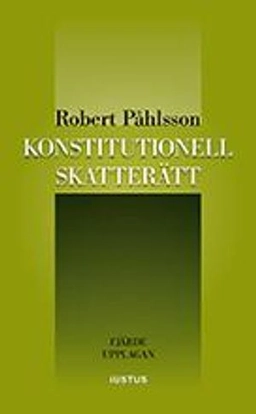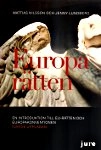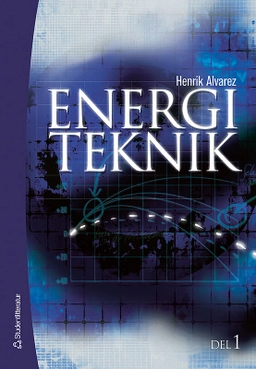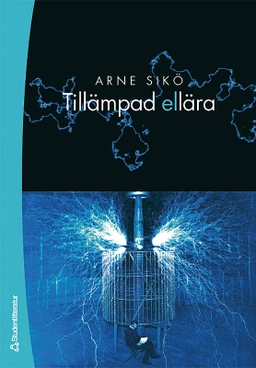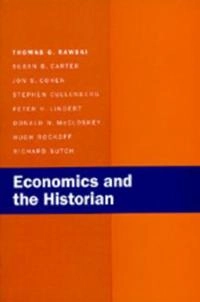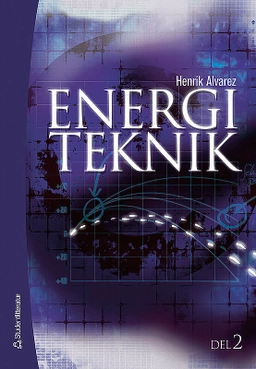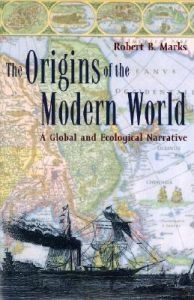

The Origins of the Modern World
- Utgiven: 2002
- ISBN: 9780742517547
- Sidor: 192 st
- Förlag: Rowman & Littlefield
- Format: Häftad
- Språk: Engelska
Om boken
Åtkomstkoder och digitalt tilläggsmaterial garanteras inte med begagnade böcker
Mer om The Origins of the Modern World (2002)
2002 släpptes boken The Origins of the Modern World skriven av Robert B. Marks. Den är skriven på engelska och består av 192 sidor. Förlaget bakom boken är Rowman & Littlefield som har sitt säte i Lanham.
Köp boken The Origins of the Modern World på Studentapan och spara pengar.
Referera till The Origins of the Modern World
Harvard
Oxford
APA
Vancouver
